Partial service disruption: AWS is experiencing an outage affecting Formative. We’re monitoring and will restore full functionality as soon as possible.

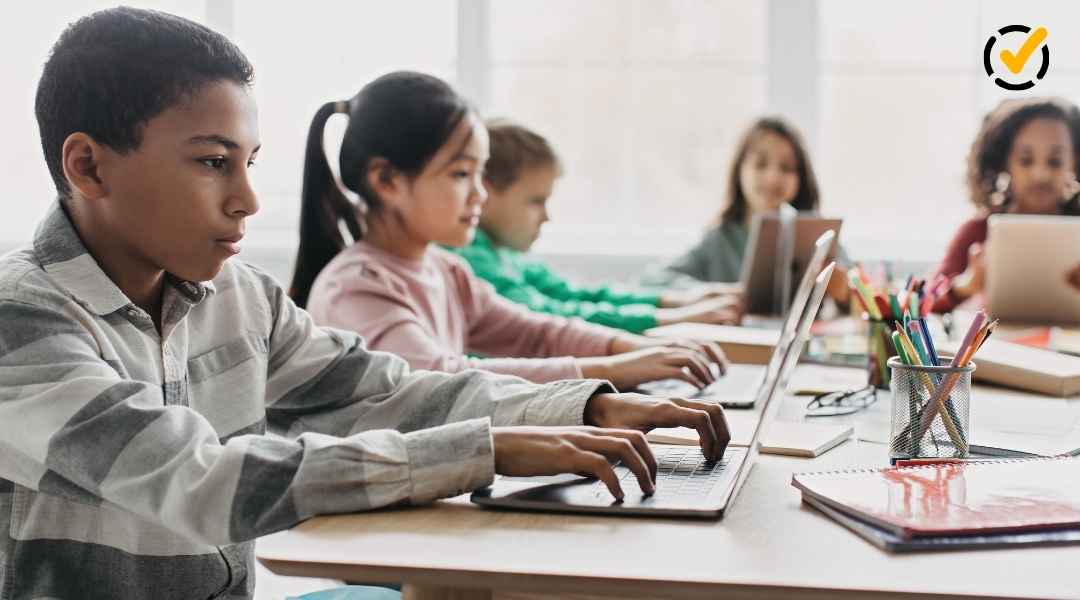
Sharpen those pencils and boot up those computers: It's time to go back to school!
To help make the transition smooth, fun, and engaging this year, we’ve collected some easy-to-use back-to-school activities to help you start the new year off the right way!
Whether you want to kick off the year with phonics lessons, writing practice, or literary analysis, our ELA starter lessons have just what you need. Check out these sample activities for each grade band:
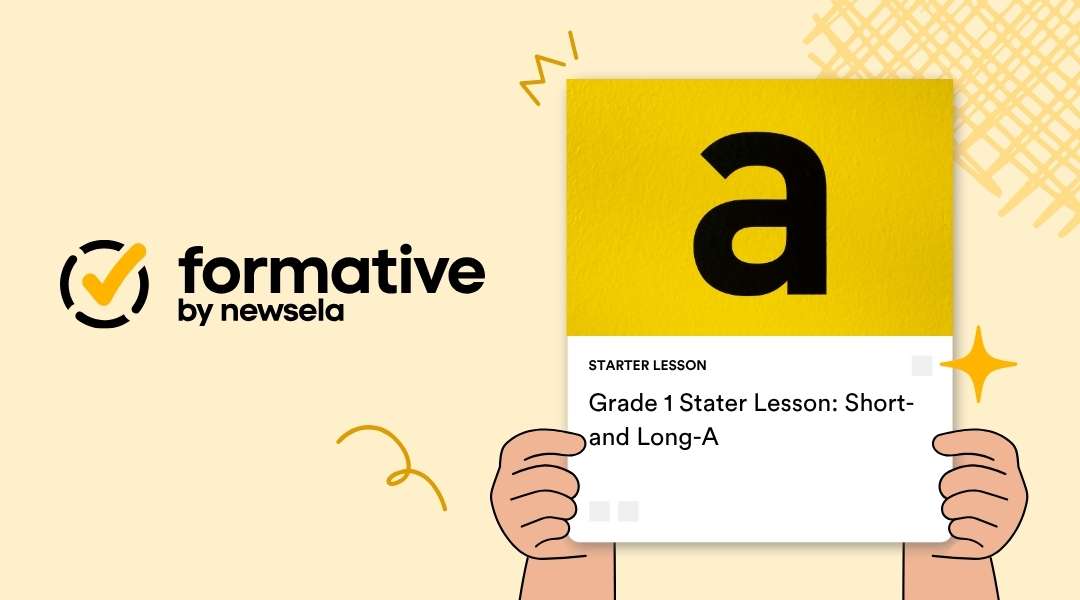
During this lesson, students will learn how to read and write words with short-a and long-a sounds. The activity includes audio tracks to help students understand the sounds and a variety of question types to practice using Formative, too!
Intermediate students can learn all about opinion writing and create a paragraph of their own. By the end of the lesson students will be able to identify the key elements of an opinion piece and successfully use them in their own writing.
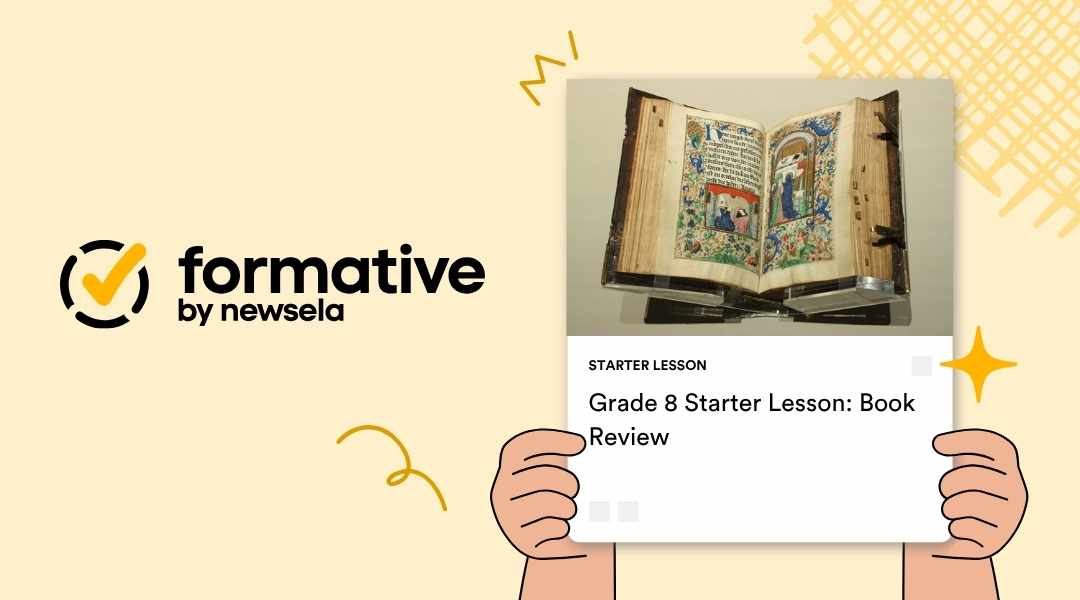
Middle school students can also engage in beginning-of-the-year writing practice with a book review activity. They'll learn and be able to explain what qualities make for an effective persuasive piece and what needs to be included in a strong book review.
High school students can read one of Shakespeare's famous works and explain the literal and thematics meaning of the piece. They'll complete an analysis and point out the poetic devices Shakespeare used to convey meaning.
Looking for computations, probability, equations, functions, or word problems? We've got them all in our math starter lessons for grades K-12.
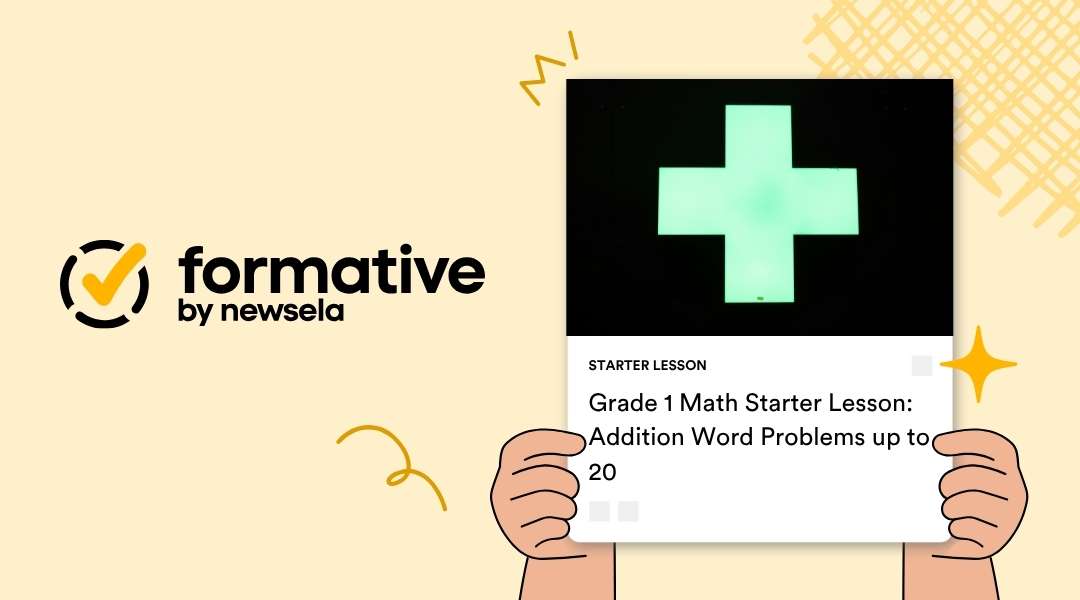
With this lesson, students will practice their addition through word problems with sums up to 20. This activity can help them better understand how addition, and math in general, appears in the real world.
Upper elementary students can practice finding the area or a missing side of an object using word problems and diagrams. This activity can show the real-world applications of measurement.
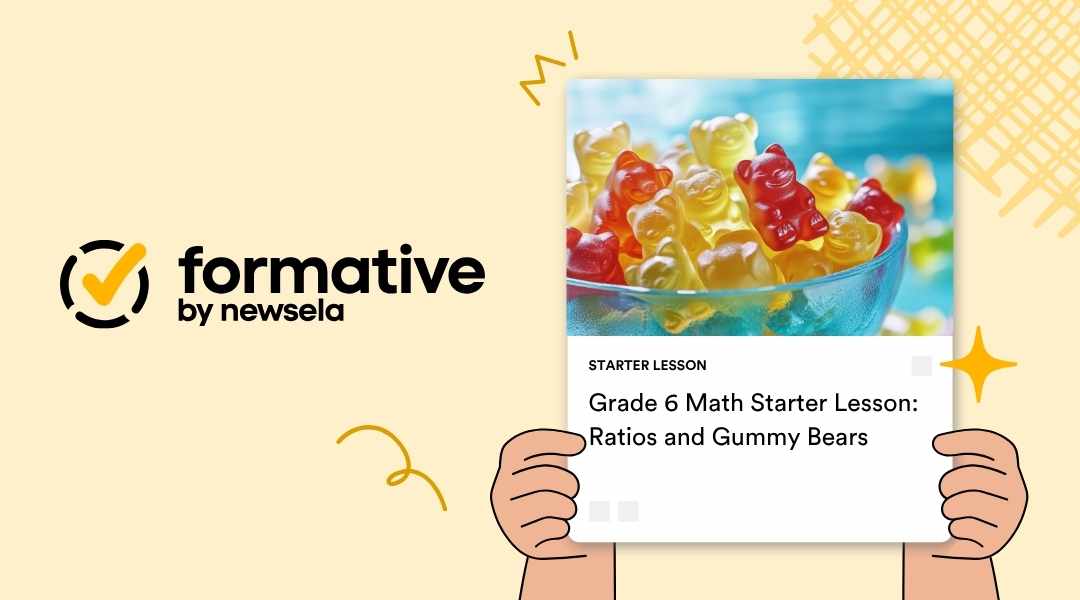
In this activity, middle school students will compare the sizes of different types of gummy bears and use their knowledge of ratios to determine which quantity is the heaviest.
High schoolers can learn how to use function to model real-world problems. They'll also discover how models can help make predictions but may not perfectly match real-life contexts.
Get students interested in biology, chemistry, astronomy, and beyond with these science starter lesson suggestions:
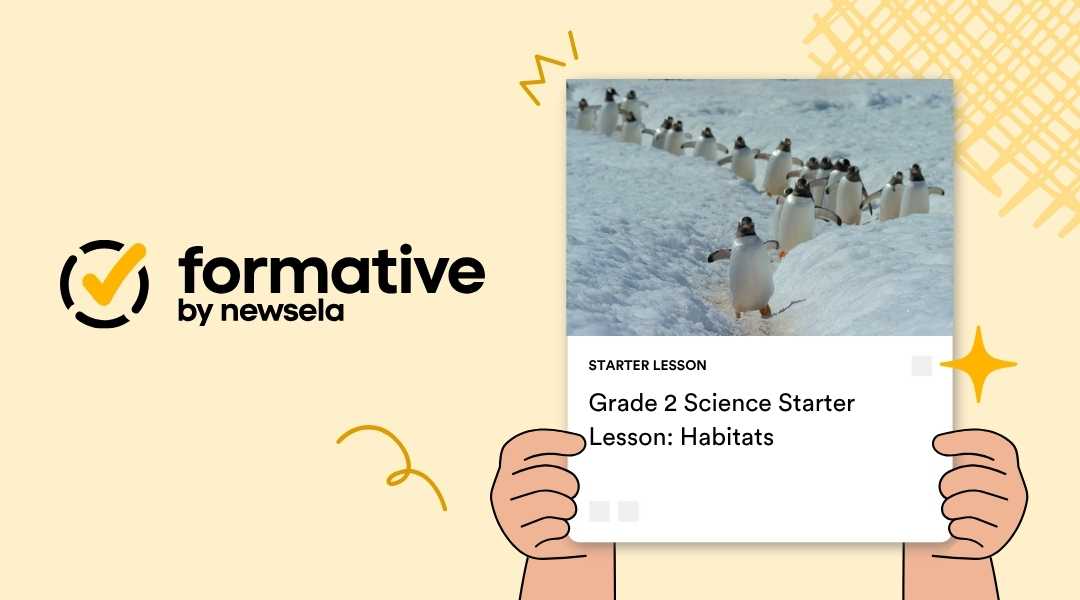
In this lesson, students will learn about habitats and identify the differences between different kinds. The activity includes audio and video components, and a think-pair-share lesson.
Upper elementary students can learn what sensory structures are and how they help animals adapt to and survive in their environments. The variety of question types includes also helps students practice using Formative!

Middle school students can learn about the phases of the moon. They'll explore why the moon appears to change throughout the month and work in small groups to discuss what they learned.
High schoolers can learn about the engineering design process and determine when to use it. Students can respond to the questions within the activity in multiple formats to choose the best way to show their learning.
Whether you're covering civics, economics, map skills, or another relevant social studies topic at the beginning of the year, you're sure to find a useful activity in our social studies starter lessons.

Your youngest students can learn about the oceans and continents of the world. A variety of question types can help them learn and show what they know through different modalities like watching, listening, and drawing.
Upper elementary students can dive into the different types of sources they'll encounter in their social studies classes. They'll explore what primary and secondary sources are and how they help us learn about the past.
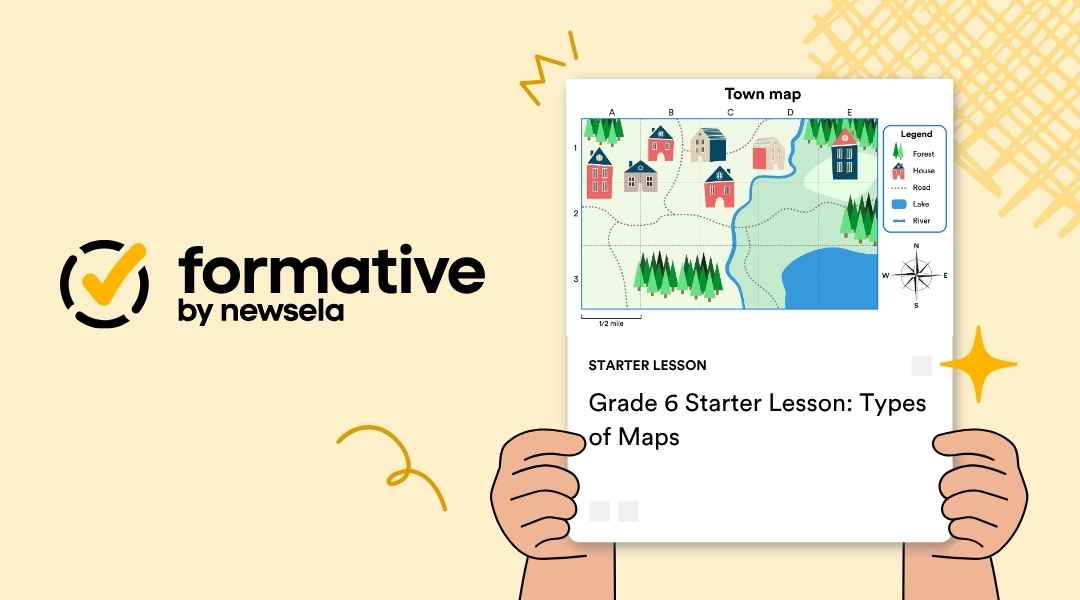
Middle school students can learn about the different types of maps that exist and what we use them for. This activity can help them understand how maps shape our understanding of a specific place.
High school students can learn what civic engagement is and how they can get involved. They'll explore the historical significance of civic engagement and understand why it's important for young people to get involved in their communities.
Use Formative's engaging question types and lesson blocks to create timely, engaging activities and lessons for every holiday, event, and season change. If you’re not a Formative customer yet, sign up for free to get started today!
